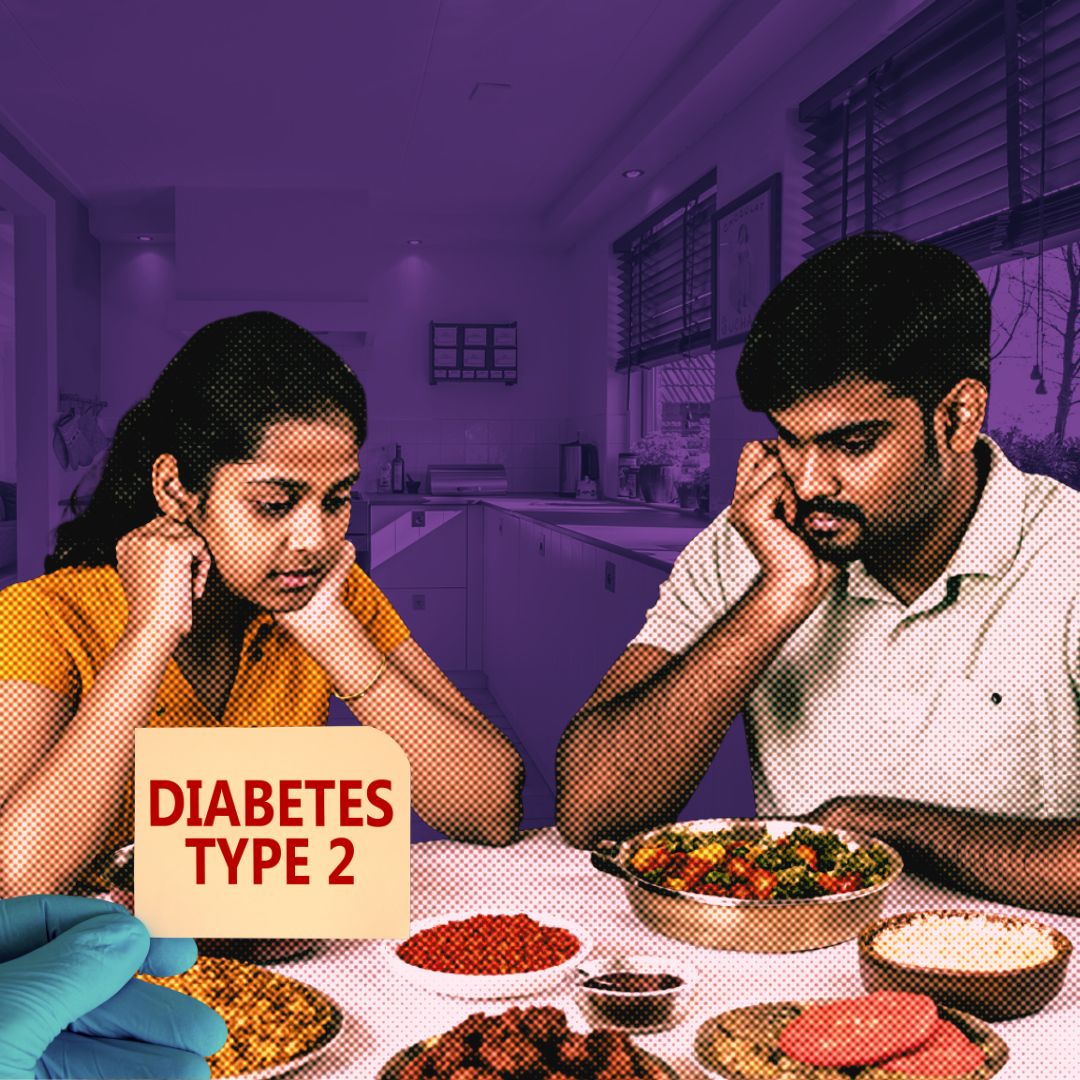Red meat has long been a staple in diets around the world, celebrated for its rich protein content and essential nutrients. However, recent research has unveiled a concerning health risk associated with red meat consumption: an increased likelihood of developing type 2 diabetes. This article explores the findings of a significant study that highlights this hidden danger.
The Research Findings
A comprehensive study published in The Lancet Diabetes & Endocrinology in September 2024 examined health data from nearly 2 million participants across 20 countries. The findings were alarming: individuals who consumed the highest amounts of red meat had a 62% higher risk of developing type 2 diabetes compared to those who ate the least.Key points from the study include:
- Processed Red Meat: Each additional daily serving of processed meats (like bacon, salami, and sausages) was associated with a 46% increase in diabetes risk.
- Unprocessed Red Meat: Each additional daily serving of unprocessed red meat (such as beef and pork) correlated with a 24% increase in risk.
- The research indicated that even moderate consumption—just two servings per week—could elevate the risk significantly.
This study reinforces previous findings that link high red meat intake to various health issues, including heart disease and certain cancers.
Understanding the Mechanisms
While the exact mechanisms linking red meat to diabetes are still being studied, several factors may contribute to this association:
- Saturated Fat and Insulin Sensitivity: High levels of saturated fat in red meat can impair insulin sensitivity, making it more challenging for the body to regulate blood sugar levels effectively.
- Branched-Chain Amino Acids (BCAAs): Red meat is rich in BCAAs, which have been linked to increased insulin resistance.
- Gut Microbiota: Nutrients like choline and L-carnitine found in red meat can be metabolised by gut bacteria into trimethylamine, a compound associated with higher diabetes risk.
- Advanced Glycation End Products (AGEs): Cooking methods that involve high temperatures, such as grilling or barbecuing, can produce AGEs that contribute to oxidative stress and inflammation.
- Heme Iron: The heme iron present in red meat may also play a role in developing insulin resistance.
Expert Recommendations
Given these findings, health experts recommend limiting red meat intake. Here are some practical steps you can take:
- Limit Red Meat Consumption: Aim for no more than 70 grams (approximately one serving) of cooked red meat per day and avoid processed meats altogether.
- Incorporate Plant-Based Proteins: Consider substituting red meat with healthier protein sources such as:
- Legumes: Beans, lentils, and chickpeas are excellent alternatives rich in fibre and protein.
- Nuts and Seeds: These provide healthy fats and can help maintain stable blood sugar levels.
- Dairy Products: Moderate consumption can also be beneficial when replacing red meat.
- Adopt Healthier Cooking Methods: Opt for poaching, steaming, or stewing instead of grilling or frying to reduce harmful compounds formed during cooking.
- Increase Vegetable Intake: Pairing red meat with fibre-rich vegetables can help mitigate its overall health impact.
The Logical Indian’s Perspective
At The Logical Indian, we emphasise the importance of making informed food choices. As research continues to reveal the association between red meat consumption and an increased risk of type 2 diabetes, we encourage our readers to reflect on their dietary habits. Small changes—such as reducing portion sizes or incorporating more plant-based proteins—can lead to significant improvements in health outcomes.
What steps are you taking to reduce your red meat intake? Share your thoughts with us in the comments below!











